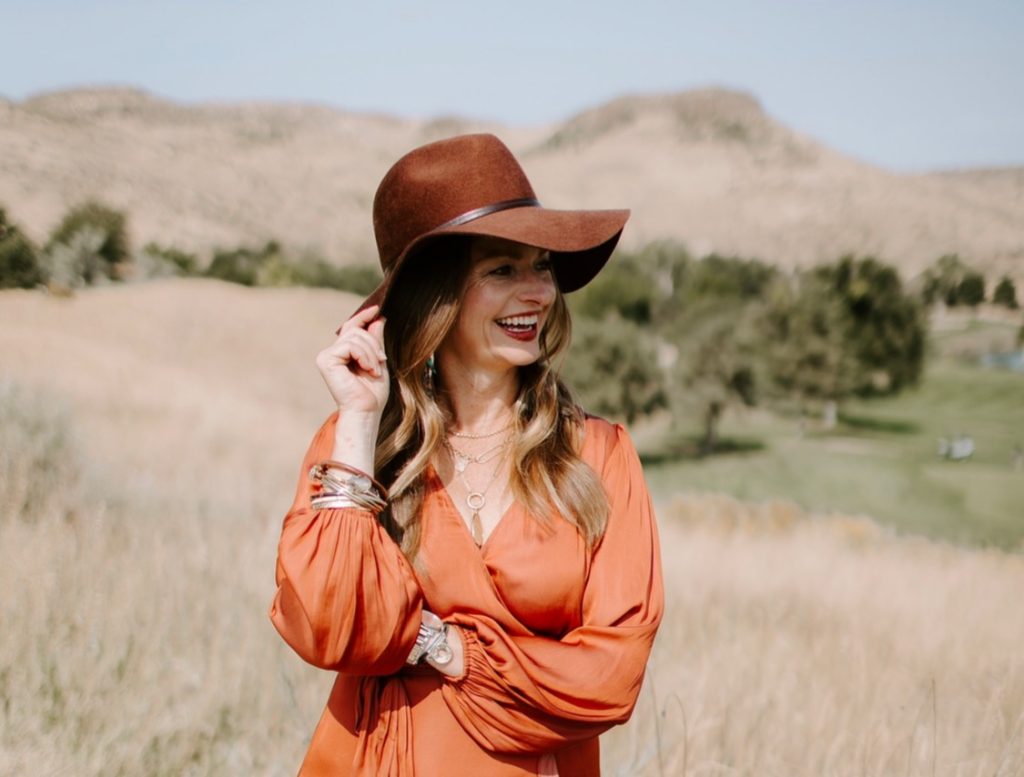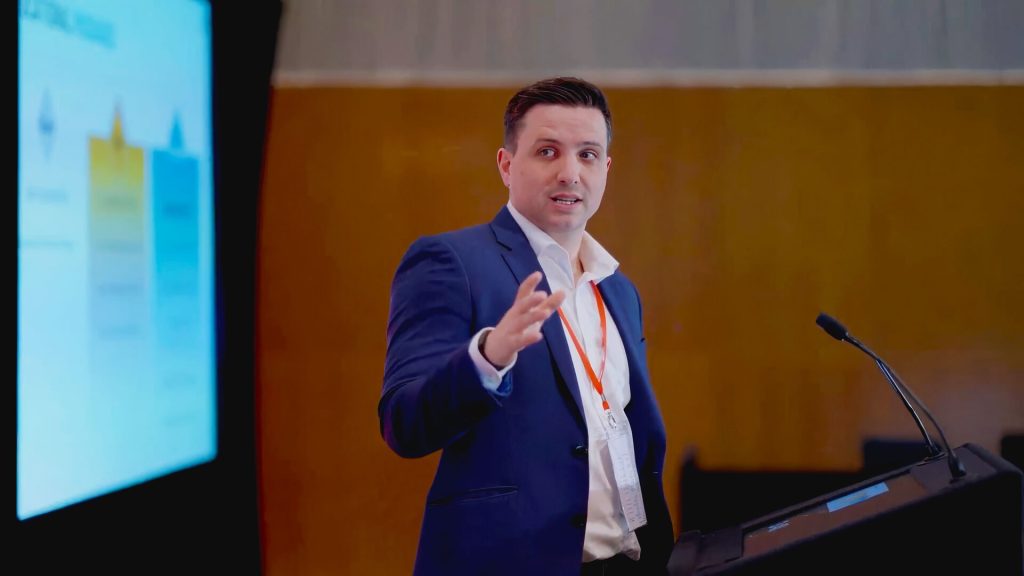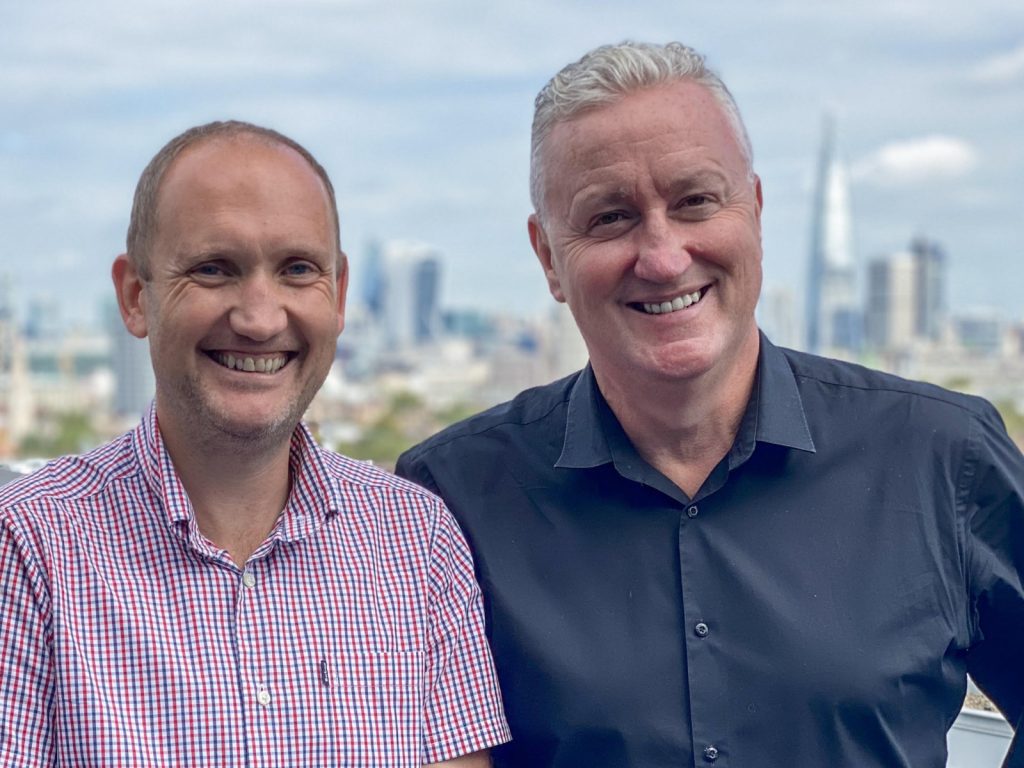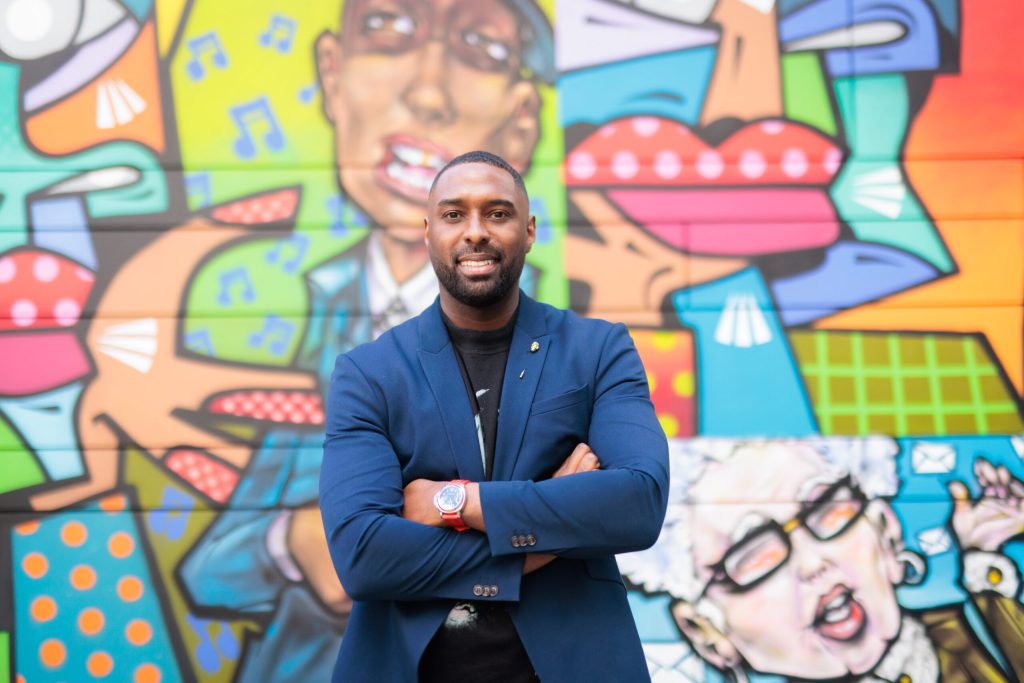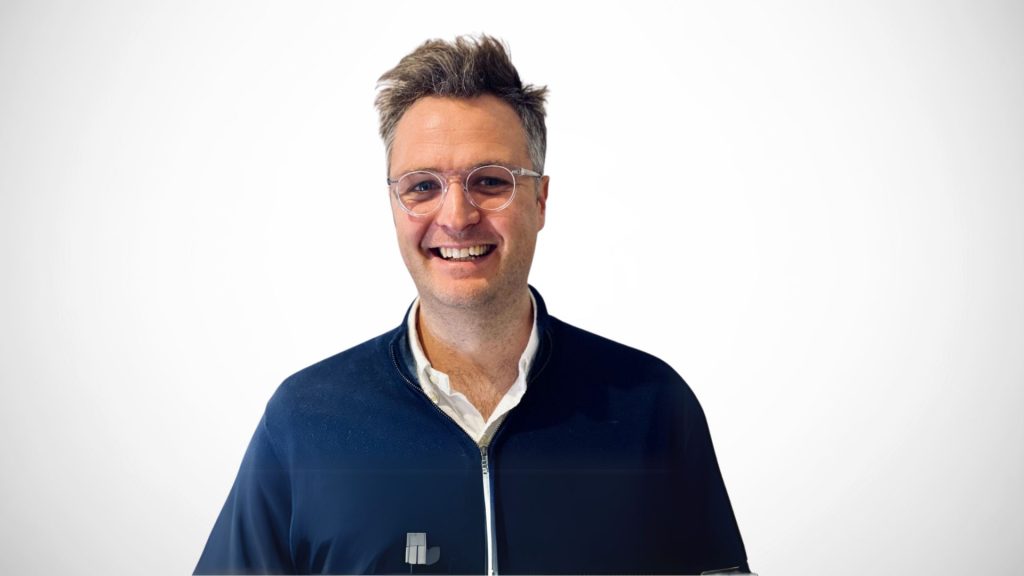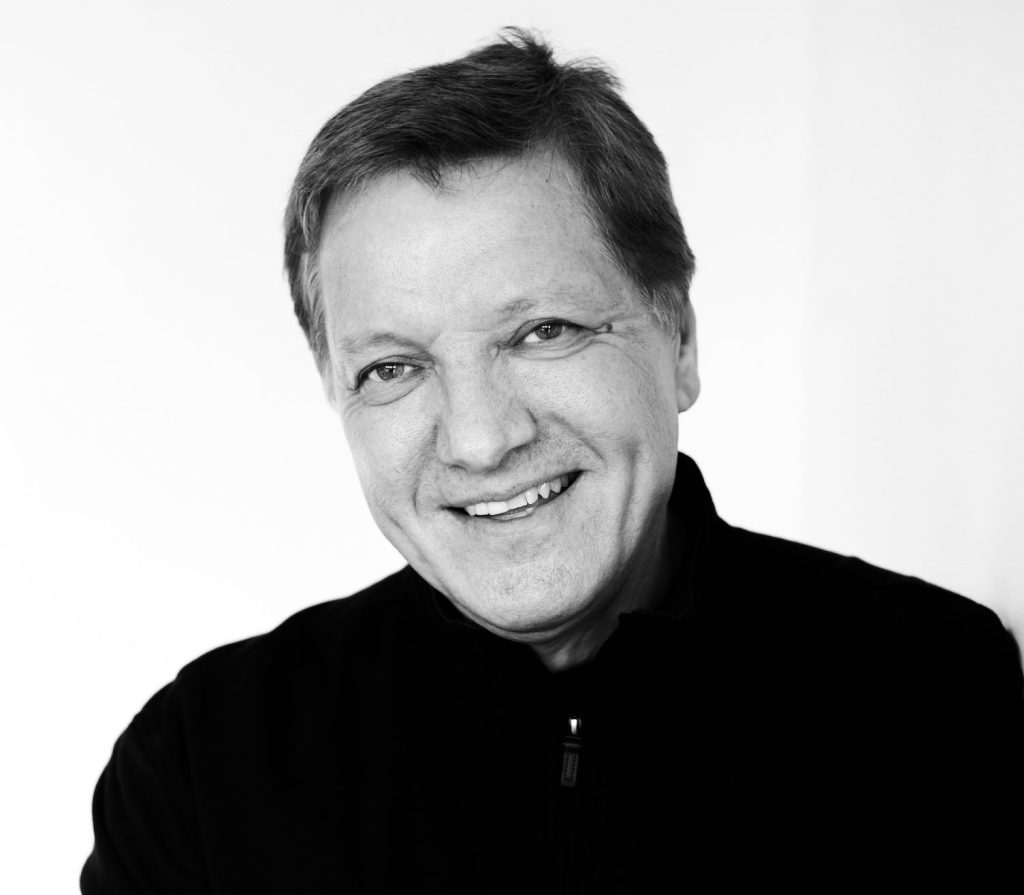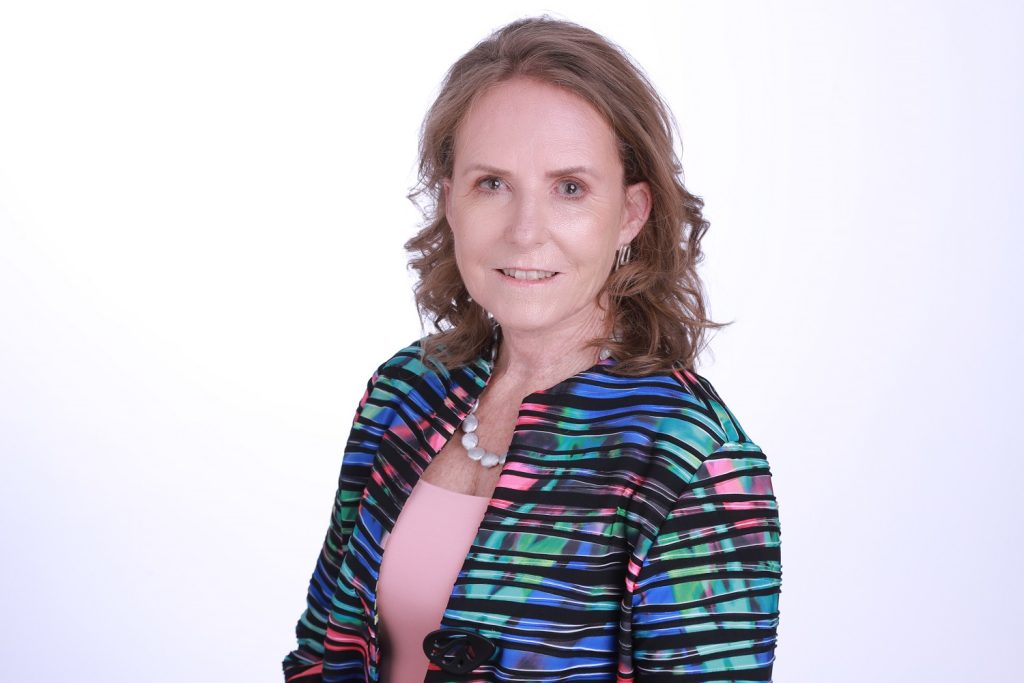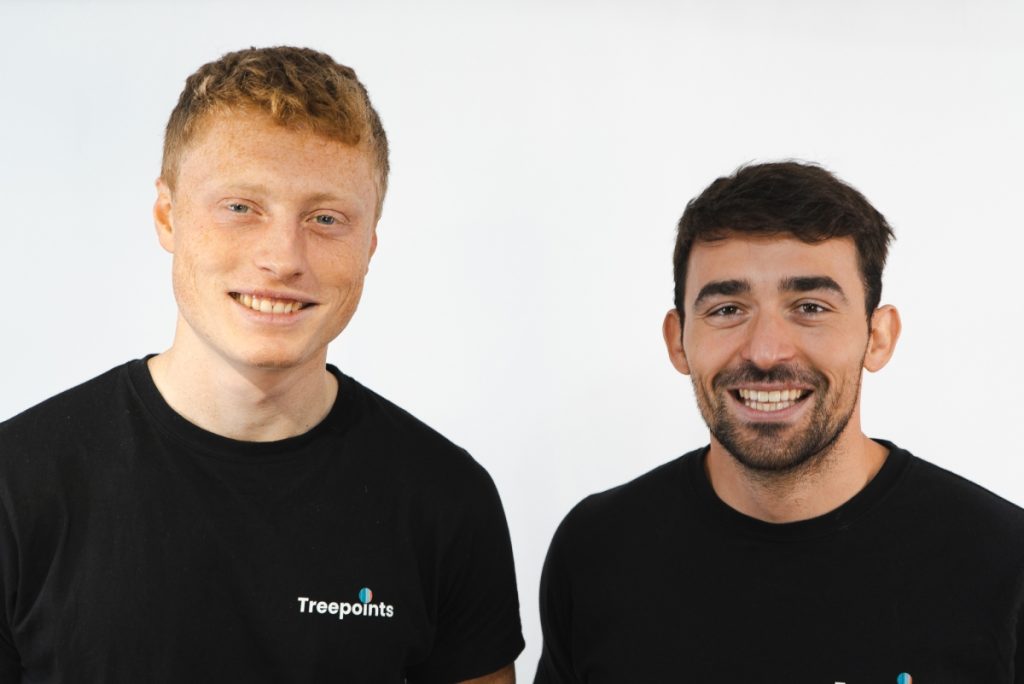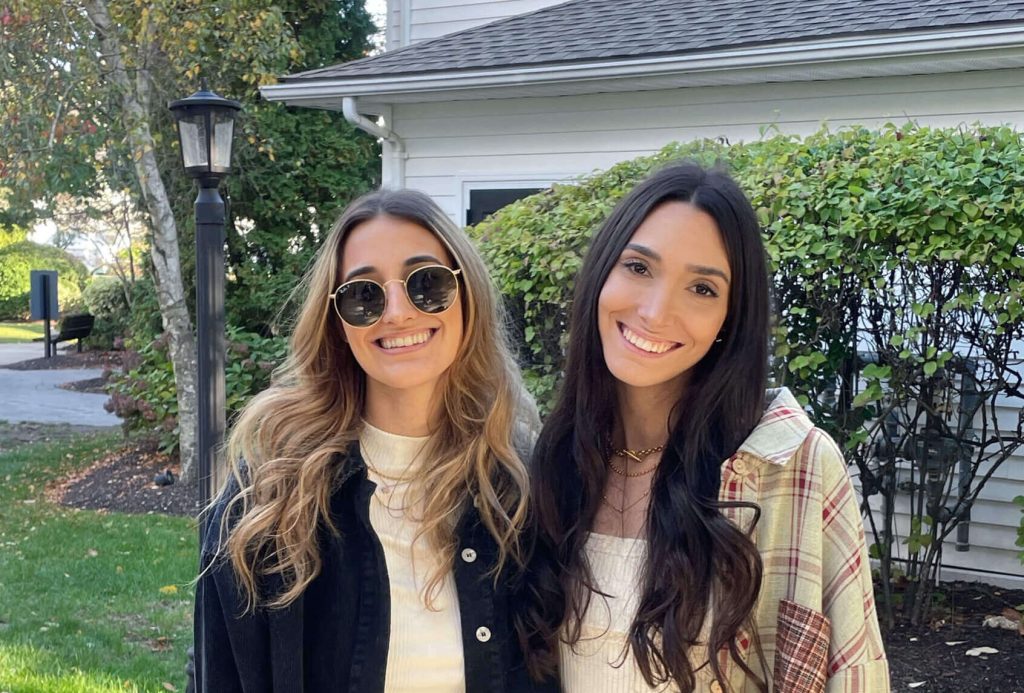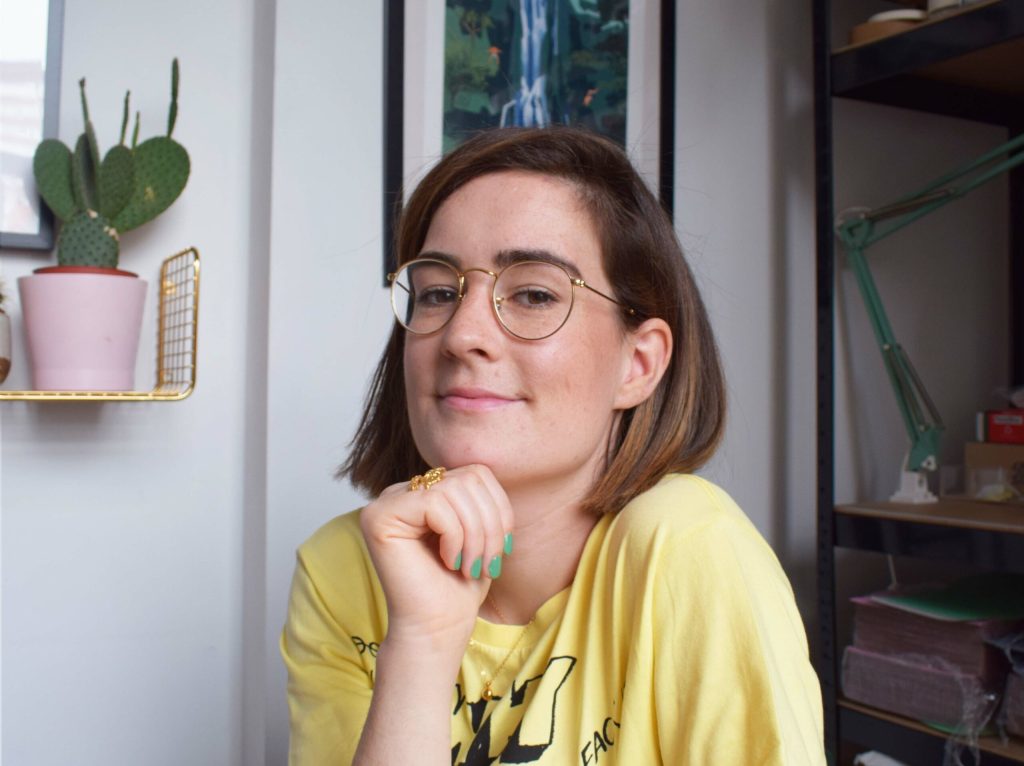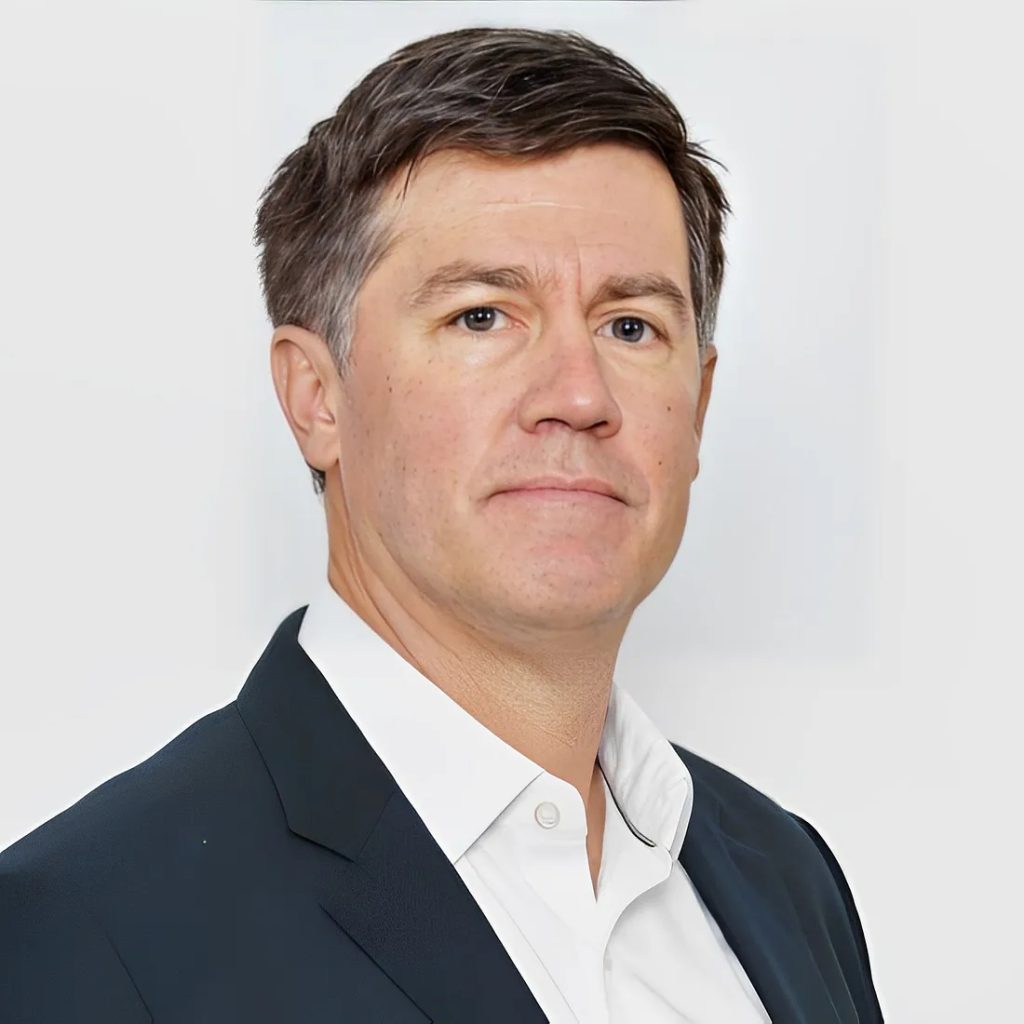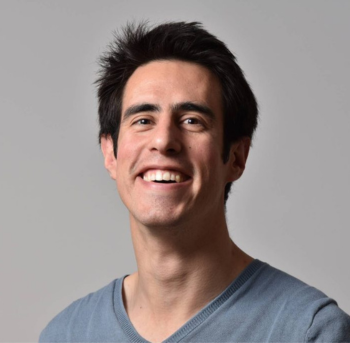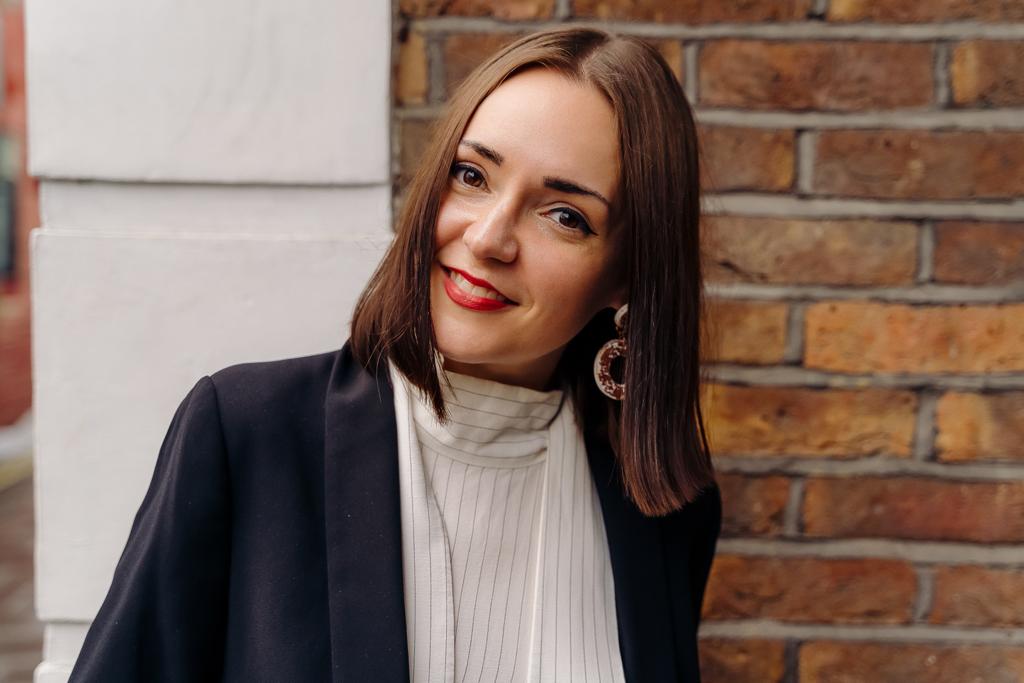
How Hospital Tubes Sparked an Unhidden Global Fashion Empire! – Victoria Jenkins

“Sit in the feeling that sparks your excitement- when you are fully aware of what it is that excites you, that is where your time is best spent..” – Victoria Jenkins
Today we feature Victoria Jenkins, the founder at Unhidden. We hear their story in their own words, their successes, their challenges and their insights.
Let’s start by getting to know you. Can you please tell us a little bit about you and what you do?
My name is Victoria Jenkins, I am a Disability advocate and the founder of Unhidden. I have worked as a garment technologist and designer for 12 years since graduating in 2008. I went freelance in 2017 to manage my health and start Unhidden after a few years of struggling through; I have worked as a garment tech for suppliers to brands like Sainsbury and Primark but also worked directly for brands like Jack Wills, Allsaints and Victoria Beckham as a garment technologist. I predominantly now work with start-ups and guide them through the processes of the industry whilst running my own businesses.
A great introduction and start to this interview. Can you please tell us, how did you start, from what age, and what made you decide to change direction and start?
It was while I was in hospital due to a diseased appendix in 2016 aged 31 that Unhidden first came to mind. A woman on the same ward as me had multiple tubes on her body as well as a stoma, and she had to undress for the doctors every time they did rounds as well as feeling uncomfortable in most clothing.
The complete lack of dignity never mind the style that she had to go through was shocking and I decided there and then to look into clothing that would help. I was dismayed when I found the few offerings around the world and realised it would be a great use of all I had learned in garment construction to design it myself. I am happy to say that the adaptive industry has come on dramatically this year; three years ago it was Teflon polyester for the elderly and their carers- very uninspiring and depressing ‘choices’.
Thank you for that insight. So can you tell us…What does your business do and where is your company based?
We make made-to-order, adaptive clothing using deadstock cloth and recycled/ ethical trims where possible. We make it at a woman-owned factory in Bulgaria. We will soon be introducing a service to make adaptive alterations for our community, and we will be filming workshops to teach people how to adapt their own clothing so that no one is left behind when it comes to accessing affordable, adaptive clothing. I am London-based and ship the orders from there.
What’s the story behind your success? What led to your aha moment? how did you get to where you are now?
The story behind my success in just getting to this point is; that I am relentless. My goal every day is to help as many people as possible feel stylish and comfortable in their clothing so they can express who they are with dignity. In a way, the exclusion and ignorance of the fashion industry towards people with Disabilities helped me get here- they have rarely (if ever) shown up for my community, which makes me work all the harder to ensure I include everybody.
I have had support from Models of Diversity (for whom I became a brand ambassador this year) as well as 2 friends who are stakeholders and have financed sampling thus far. I have completed several courses this year to help fill in any business blanks and learnt a fair bit about the website and online store side of things. It’s taken focus and occasionally turning down work when my energy can’t do it all the problems faced by freelance Disabled people have been magnified this year, but lockdown gave me some time back- no commuting means more energy to drive this forward.
Thank you for sharing that. What’s been your life’s biggest lesson so far?
I think the biggest lesson has been in boundary-setting for myself and accepting offers of help. I have pushed myself to the limit this year and then realised it is more empowering to pay someone else to do the things it took me days to do (and therefore also removed a lot of stress!) Also- scheduling. I get very over-eager on my to-do lists and get frustrated when I don’t meet my self-imposed deadlines, so I am learning now that a short manageable list is much easier than a long intricate and variable one.
I have also learned that hard discussions are worth having and as soon as they are needed rather than keeping quiet and carrying on- people respond to honesty and directness which I used to struggle with. (I avoided confrontation).
The tech side of things is not as hard as I thought; and there are so many online tutorials that. really break it all down to make it easier to learn. Admitting I don’t know how to do something is not a bad thing.
If you were to go back in time, what piece of advice would you give to your younger self?
Hire a good accountant who knows your industry. Research your idea and believe in your idea- see the bigger picture as well as the small picture and don’t be afraid to go for the biggest goals. People will always offer their opinion whether you ask for it or not- but their opinion is not fact, so you can choose to disregard it if it isn’t relevant. I don’t regret becoming an entrepreneur, if anything I relish the challenge!
But knowing every month where your income will come from occasionally beckons as an easier way of life, I just always think if it were easier to do these things we’d all do it- I appreciate every win and milestone all the more because it is hard work.
We’re nearly halfway through our interview so it’s a great time to ask how does your business run. What three tools make your business run better?
Canva; because we have a strong branding guideline, it is easy to wade through templates on this platform and create beautiful content easily and quickly. I picked up how to use it quickly as I am used to Illustrator and Photoshop which is how I was creating content previously. Before all my content just looked a bit ‘student’ and messy- canvas provides the polish. A fellow freelancer got me on to it.
Adobe Illustrator; because that’s where I draw my designs. I have been using this in my career for years and would be lost without it, my university taught me how to use but since all the updates it’s almost unrecognisable from then. Google calendars—all in one place so I can monitor scheduled calls and deadlines and set reminders and alarms when there’s a lot going on or something is booked far in advance. Otherwise, I write it all down and just have to hope I remember it, which is often but not foolproof. I want to get Asana in the future, as I have used that with clients, and it’s great for tracking lots of tasks all at once. I can do all that I do on paper and write it down, but it is better to have a digital version so I can be reminded; I can essentially use it as a VA, which paper cannot do for me.
What do you know now that you wished you had known before?
The tech side of things is not as hard as I thought. There are so many online tutorials that break it all down to make it easier to learn. Admitting I don’t know how to do something is not a bad thing.
What has been your greatest or proudest achievement or moment?
The photoshoot we had in September was emotional in the best way. I was in a studio with a number of people all around my age group but with Disabilities and not in a hospital setting—I have never had that before. Also, seeing them react to the collection positively and without prompting was emotional in the best way.
What future life goals do you want to achieve and why?
I would like to have a brick-and-mortar store someday that is fully adapted, with medically trained staff and a luxurious feel, while also providing everything every Disabled person needs to have a great experience.
I also want to hire predominantly from the community and create a space where people can thrive without fear of losing their jobs if they get sick or their condition worsens. I have lived in fear of losing jobs, and it always led to a flare-up in symptoms, which usually led to losing the contract or position.
To finish our inspire questions…”We believe that sharing inspiring words can inspire others.” If there was one positive thing you would say to someone to inspire and empower them what would it be and why?
Sit in the feeling that sparks your excitement. When you are fully aware of what excites you, your time is best spent there.
“Thank you it has been great learning more about your founder story and Unhidden”
To learn more about Unhidden visit unhiddenclothing.com
Inspired by this story? Please share this story and other founder stories.
Disclaimer:
The views, thoughts, information, and opinions expressed in the text, videos, images belong solely to those of the individuals involved, and do not necessarily represent those of Founderat.com and its corporate owners, employees, organization, committee, or other group or individuals

